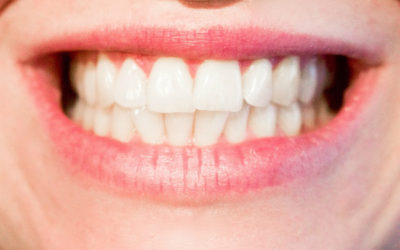Temporomandibular Joint Disorder (also known as TMD) is a condition of the jaw when a person faces pain in their temporomandibular joints. These are the lower jaw joints which connect the jaw to your head. The various symptoms of TMJ disorder include extreme pain in the jaw area while chewing or even moving it. This condition requires the attention of TMJ therapy which is a combination of medical and self-care measures. But if you have TMD, you need to ask yourself if you have broken these bad habits.
Avoid Hard Foods
Chewing on hard food items like apple and chewy meat, and crunchy food like popcorn adds stress to your jaw muscles and joints. The stress prevents proper healing process that is necessary for your affected jaw.
Avoid Chewing Gum
Chewing gum may be relaxing and fun activity for some but when your jaw is affected with TMD, it may not be a wise option. Chewing gum requires you to put to work the jaw joints, the aftermath of which could lead to serious injury.
Avoid Biting Pens, Pencils, Ice, or Your Fingernails
Chewing on hard objects like the ones mentioned forces you to thrust forward your jaw and increase TMD pain. The pain can turn severe and you may have to consult professionals for TMJ therapy.
Avoid Resting Your Head on Your Chin
Although this position is comfortable while watching TV, browsing social media, or just lazing, resting your head on your chin may prevent the healing process of your affected jaw. The pressure of your hand or the desk on your chin can cause the joint’s disc to fall out of its place and make it difficult to open and close your jaw.
Avoid Slouching
Your posture is a very important factor for relief from TMD. When you slouch, the manner in which your jaw muscles open and close changes. Your jaw operates best when your posture is upright and your head is situated above your cervical spine. TMJ therapy dictates sitting and standing upright for proper operation of your jaw.
Avoid Clenching Your Jaw
Clenching your jaw may come to you naturally when you face extreme emotions or even you may do it by habit throughout the day. Make it a point to practice keeping your teeth slightly parted, relaxing your tongue in your mouth and placing your lips together to avoid clenching the jaw.
Living with TMD can definitely be difficult, but if you focus on keeping the pressure off your jaw by remembering to rest them, it’ll be more advantageous for the symptoms to settle. Also, instead of covering up TMD pain with painkillers, seek professional assistance for long term relief.



